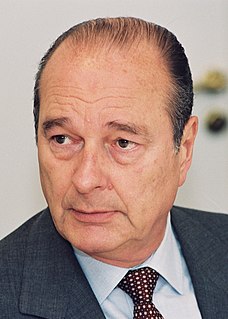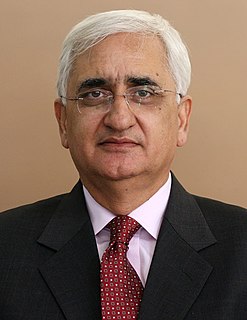A Quote by Thomas Friedman
If we don't have a more serious energy policy, the difference between a good day and bad day for America from here on will hinge on how the 86-year-old king of Saudi Arabia manages...change.
Related Quotes
If production does not increase in Iraq in an exponential way between now and 2015, we have a very big problem, even if Saudi Arabia meets its obligations. The figures are very simple, you do not need to be an expert. It is enough to know how to do a subtraction. China will grow very quickly, India also, and even Saudi Arabia projections of the 3 Mb/day will not be enough to meet the rise of Chinese demand.
My family moved to Saudi Arabia from Glasgow when I was 15. Being a 15-year-old girl anywhere is difficult - all those hormones and everything - but being a 15-year-old girl in Saudi Arabia... it was like someone had turned the light off in my head. I could not get a grasp on why women were treated like this.
If you ask a Saudi Imam why women in Saudi Arabia can't drive, he'll say, 'Because Islam demands it.' But that's absurd, because - first of all - Islam demands no such thing; and secondly, the only country in the world in which women can't drive is Saudi Arabia. The inability to understand the difference between a cultural practice and religious belief is shocking among self-described intellectuals.
Oil policy, policy toward the United States, policy toward Iran, Bahrain, Yemen, very unlikely, I think, to see significant change. These policies were the policies that had a wide family consensus. The question I think would be if the king becomes sick, whether you have weak Saudi leadership in the Arab world and the Middle East rather than strong Saudi leadership, but I think the fundamental policies will continue, the ones we’re familiar with under King Abdullah.
Frankly, getting Mexico economically headed in the right direction with good energy policy - Canada, the United States, and Mexico have more known energy reserves than Saudi Arabia and Russia. So developing those and I think you'll see a major movement of people back into Mexico when that occurs when these prices get back. You're going to see a substantial development of the energy business in Mexico and Canada, domestic as well.
Then one day, we’ll put the reward in the old place, and put in the rat, and, by golloy, the old habit will rememerge right away. habits never really disappear. They’re encoded into the sturctures of our brain, and that’s a huge advantage for us, because it would be awful if we had to relearn how to drive after every vacation. The problem is that your brain can’t tell the difference between bad and good habits, and so if you have a bad one, it’s always lurking there, waiting for the right cues and rewards.
Saudi Arabia isn't the enemy, but it is a problem. It could make so much positive difference in the Islamic world if it used its status to soothe Sunni-Shiite tensions and encourage tolerance. For a time, under King Abdullah, it seemed that the country was trying to reform, but now under King Salman, it has stalled.
King Fahd was also committed to the strong and trusting relations between France and Saudi Arabia. This old friendship, which began with an exceptional link established by General De Gaulle, took on a new dimension under his reign, helped by a shared vision of what was at stake regionally and internationally.
India considers Saudi Arabia a center of stability in the region. The security and stability of the Gulf region and that of the Indian subcontinent are interlinked. Bilateral security cooperation between India and Saudi Arabia will contribute to regional stability and in addressing the common threat of terrorism in the region.

































